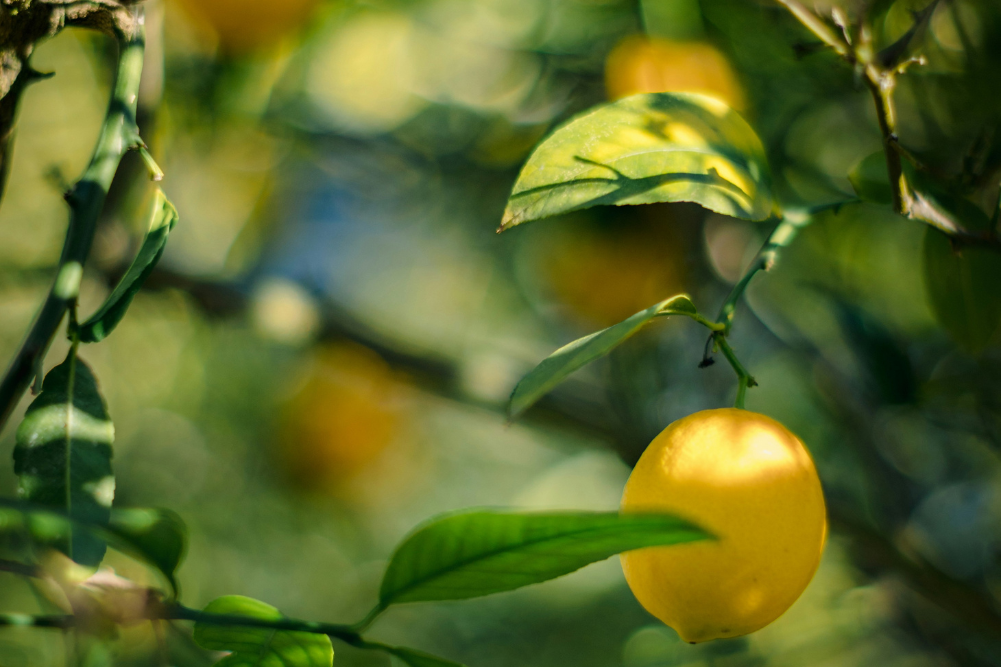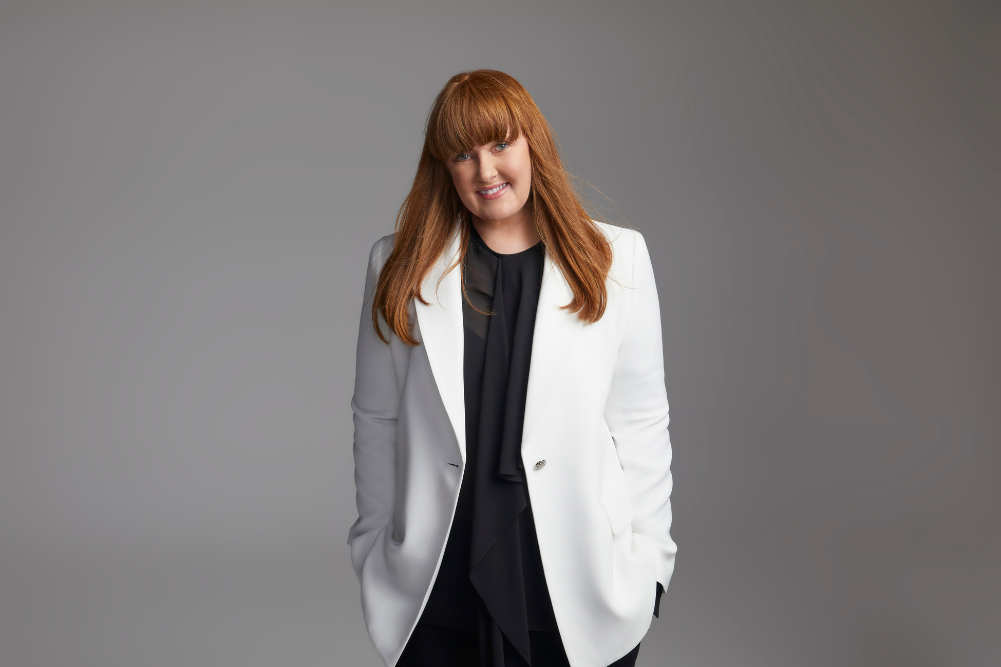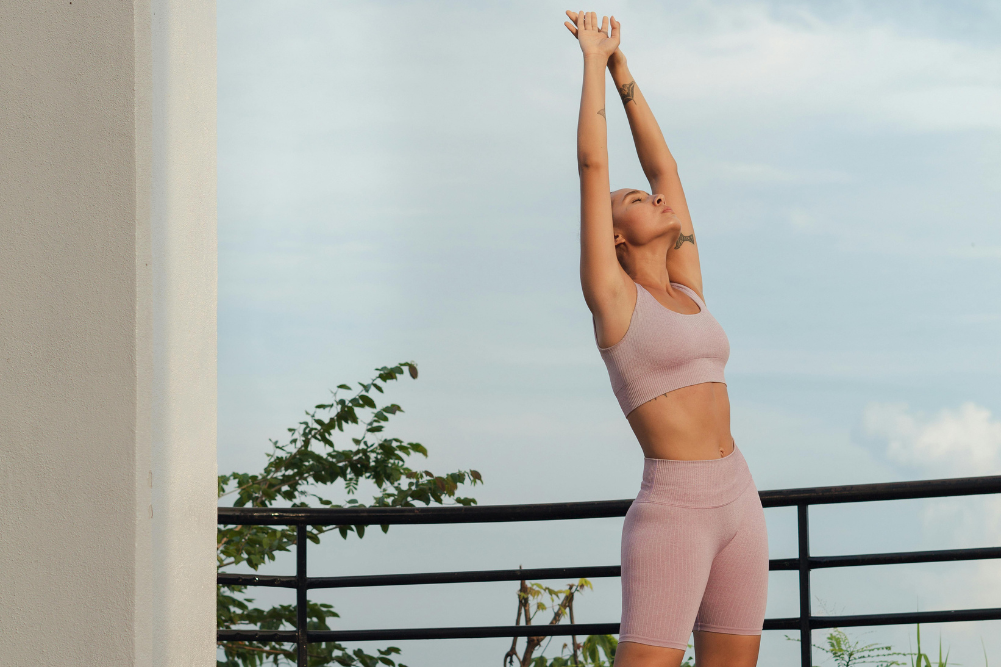Mina Guli – a water warrior
When we think of the climate emergency we are currently facing, we think of global warming, greenhouse gases, bushfires and pollution. In Australia alone, we have experienced disastrous droughts and are now in a period of catastrophic flooding with scientists predicting that severe weather events will happen more frequently as a result of climate change. But water, a finite and precious resource, is often missing from the global conversation. You might be aware of water wastage in the home but what about “invisible water”, the amount of water it takes to make clothing, food and electronic devices?
According to the Water Footprint Network, it takes 2500 litres to make a cotton T-shirt; 10,000 litres to make a pair of jeans; 2500 litres to make a meat hamburger; 13 tonnes of water to make a smartphone and 130 litres to produce a cup of coffee. Let that sink in then look around you. How much water has been used to make what you currently see?
The amount of water that went into making the clothes you are wearing today is more than all the water you consumed (or will consume) before the age of 40.
Water is at the heart of everything we do, build, eat and use. Currently 66 per cent of companies face substantial water risk in direct operations or in their supply chains. By 2030, our global demand for water will exceed supply by 40 per cent.
The water crisis has had major financial implications on business bottom lines across industries ranging from agriculture to textiles and building supplies. This trajectory is set to continue and with it will bring the potential for huge negative reputational risks. Furthermore, water scarcity may pose even more significant risks to humanity if not mitigated with an increasing number of people unable to access fresh, clean water.
Ending the water crisis must be a collaborative effort, but there’s one woman out there putting her body on the line to activate real change: Mina Guli.
Guli is a leading voice advocating action on the global water crisis. She has embarked upon her biggest expedition yet, RunBlue, which will see her complete 200 marathons across the globe in a single year.
Guli began this mission on March 22, 2022 (World Water Day) at the heart of Australia — Uluru. She ran through the breathtaking Finke National Park in Northern Territory and down to Oodnadatta in South Australia, one of the hottest and driest towns in the country.
There, she took her journey overseas and was joined by thousands on her route along Central Asia, down through Africa and Europe. She has run marathons across Bulgaria, Hungary, Sweden, Croatia, Austria, Germany, The Netherlands, Belgium, Switzerland and France.
We speak during her marathon in Jordan, in the Middle East, before she departs for Egypt, Latin America, Asia and the United States, where she will finish on the steps of the United Nations in New York at the opening of the UN 2023 Water Conference in March. At the conference, Guli will be demanding concrete action on water by governments, companies and organisations across the world.
The UN 2023 Water Conference will mark the midway point for the International Decade for Action on Water (2018–2028). This initiative was intended to accelerate the action needed to address water-related challenges, including inadequate access to safe water and sanitation, and growing pressure on water resources. But Guli says the world is a long way off reaching the 2030 targets set out in the UN Sustainable Development Goal 6. “We need to move 200 per cent faster,” she explains.
Turning setbacks into successes
Guli wasn’t a born runner and admits she wasn’t interested in sports as a kid. “I wasn’t a sporty child. I was the kid in the corner no one would pick for their teams as I wasn’t very good at team sports. Instead, I withdrew and focused on my intellectual side, throwing myself into schoolwork.”
Even as a child she knew she wanted to help people and the planet. “I was set on becoming a doctor and going to Africa to spend time looking after sick children. It was all mapped out, and I knew with certainty what I was going to do. So I put my heart and soul into my study,” she explains.
“When I got my final year results, however, my world fell around me. I’d missed the grade to study medicine. I couldn’t believe it, I was crushed. Instead, I accepted a place to study science at Monash University in Victoria and adapted quickly to undergraduate life. I took leadership roles in clubs and the student union,” she reminisces fondly.
However, Guli experienced another setback at age 22 after her life took an unexpected turn. “I was at university at the time and a school prank went wrong. I was pushed into a pool and hurt my back very badly. I was told by doctors I would never run again,” she relates.
Given her lifelong antipathy towards sport, this might have been good news but it devasted Guli. “Even though I wasn’t a runner at the time, being told that your body would not be able to do something you took for granted is one of the hardest pieces of news you can be given. It was like they were trying to take a part of me away — my ability to be mobile,” she reflects.
She admits there was some irony as she spent most of her childhood trying to avoid sports. “I hated running. I wouldn’t even run to catch a school bus,” she laughs. “I could have used this diagnosis as an excuse to sit on the sofa and eat pizza. Instead, I saw it as an opportunity to redefine my limits.”
“Being told I couldn’t do something made me determined to show them that I could. I wanted to show that I could do hard things.”
Guli started swimming as a low-impact rehabilitation activity. Nine months later, she started training for an Ironman and by the time she had finished her degree, she had completed her first Ironman. Now, she implements that same unwavering drive and dedication towards raising awareness around the global water crisis.
Origins of a water warrior
Guli describes falling into the world of climate change by accident. “I took a project nobody else wanted and immersed myself in the subject of climate change. I managed to become a bit of an expert. Admittedly, this was mainly because climate change was a fairly new topic and there wasn’t as much information, data and conversation as there is now,” she explains.
After that project, Guli moved to the World Bank in Washington DC, had a stint in London and then relocated to Beijing. In China in 2005, Guli and Tim Clissold co-founded Peony Capital, an investment company focused on developing climate-friendly projects.
“Because of Peony, I became part of the World Economic Forum’s community of Young Global Leaders (YGL), who were committed to changing the world. Through the YGL I learned about ‘invisible water’, which is the enormous amount of water used to make things we take for granted like clothing and food,” she explains.
Once Guli learned about invisible water usage, she was flabbergasted and frightened. Then and there, Guli decided she would make it her life’s work to find a solution to the global water crisis. This led her to establish Thirst Foundation, a non-profit organisation focused on raising awareness, creating urgency and driving action on water, in 2012.
Guli’s work with Thirst Foundation has helped to create a generation of young people who are socially conscious of water. Having reached over one million people at present across all sectors, Thirst Foundation has built a community of water advocates in more than 190 countries and territories.
While undertaking her latest expedition, RunBlue, Guli is meeting with key industry and business bodies, NGOs and government officials to ensure urgent action on water is on the agenda at high-level events, including the Dushanbe Conference and COP27.
“Companies use almost 90 per cent of the world’s fresh water, either directly or indirectly,” she says. Thirst Foundation and global water leaders from business, the NGO sector, government and civil society have developed the “Six for 6” best practice framework, which includes setting water quantity and quality targets, standardising water reporting and publicising water use.
“Climate change is primarily a water crisis. This is not someone else’s problem, and it is not a developing world problem. I have met people who face extreme water challenges every day. I’ve witnessed their horrific stories and have been scared for the lengths they have to go through to access what should be a basic human right. The water crisis is threatening our communities, societies and economies and I want the world to take action to solve it,” Guli explains.
This is why Guli and RunBlue ask that no matter what you “run” in your life, whether it be your household, your company or your daily decisions, you put water in the front of your mind. Guli is at the forefront of change and if it takes putting her body on the line and testing it to the extreme, she will do so.
Mental motivation
Although Guli is no stranger to marathons, the RunBlue expedition is her biggest yet. In 2016, she completed 40 marathons across seven deserts in seven weeks. Then, in 2017, she tackled 40 marathons across six rivers around the world in just 40 days. In 2018, Guli attempted 100 marathons in 100 days as part of the RunningDry campaign but unfortunately broke her leg on marathon 62. People all over the world came together to help complete the campaign by donating the kilometres they ran. “We had strangers offering to donate distance to the campaign. We had people on all seven continents, including Antarctica, running for us, running for me and running for water,” she exclaims.
Reflecting on that time, Guli shares, “I wanted to make an impact by using this crazy idea of running 100 marathons to draw attention to the problem of the water crisis. Most people have no idea. I wanted to run because I wanted to make saving water ‘famous’. I wanted to do something that was so outside my comfort zone that would show people just how much we can achieve when we persevere,” she shares, adding “Running has inspired me to be a better person, to stand up, and to be prepared to make a difference. And more importantly, it’s shown me that even though we are individuals, together we can make a huge change.”
When I ask Guli where she finds the mental strength and endurance she responds: “The global water crisis is my motivation. When my body is at the limit and exhausted, I have to keep telling myself why I am doing this. I remind myself about the people I have met who are on the front line of this crisis. I think about the farmers I have met who fear for their futures and their children because the water is disappearing. I think about lakes that are now deserts with abandoned shells of boats stranded on the sand. The global water crisis inspires me to fight harder and to do hard things because fighting the water crisis is hard.”
Guli reflects on standing on the banks of the Orange River in the Richtersveld in South Africa. “It was there that I realised I was going to dedicate the rest of my life to solving the global water crisis. I saw the Orange River had dropped metres in depth as it was being drained to grow crops and grapes that were destined not for tables in South Africa, but Europe and the United States. I was horrified at what I was seeing and it was a life-changing moment for me,” she explains.
Putting your body through extreme measures and in uncomfortable positions is inevitable when advocating for what you believe in. “I am tired, and like anything, I have good days and bad days. I’ve had some days when I have tripped and fallen and bloodied my knees. But I am part of a team who make sure my body is massaged and nutrition levels are maintained. I could not do this without them,” she reveals.
The global water crisis is significant, but Guli is not despairing. “Solving the water crisis will require that each and every one of us, businesses and individuals, do hard things. For future generations we must change the way that we think about and use water every day. For too long, water has been everything, but we’ve treated it as if it’s nothing. That needs to change,” she says.
To change the conversation around water, we need to move water from the bottom of the agenda to the top. Of this, Guli says, “We all have a choice — to continue to be part of the problem or to actively make changes to be part of the solution. I’ve chosen to be part of the solution and, over tens of thousands of kilometres across the world, I’ve seen many other people and communities also looking to be an active part of the solution,” says Guli.
Raise your voice
Guli’s life is marked by achievement, dedication and tenacity. She believes in bold and ambitious goals — what could possibly be bigger than running 200 marathons across the globe in a single year? Solving the global water crisis.
Guli has run all over the world demanding change. Her grueling actions will benefit us, our planet and future generations to come. You don’t need to be an ultramarathon runner to join Guli and her incredible mission of solving the global water crisis. You simply need to put water at the forefront of everything you do and remember that together we can create change.







